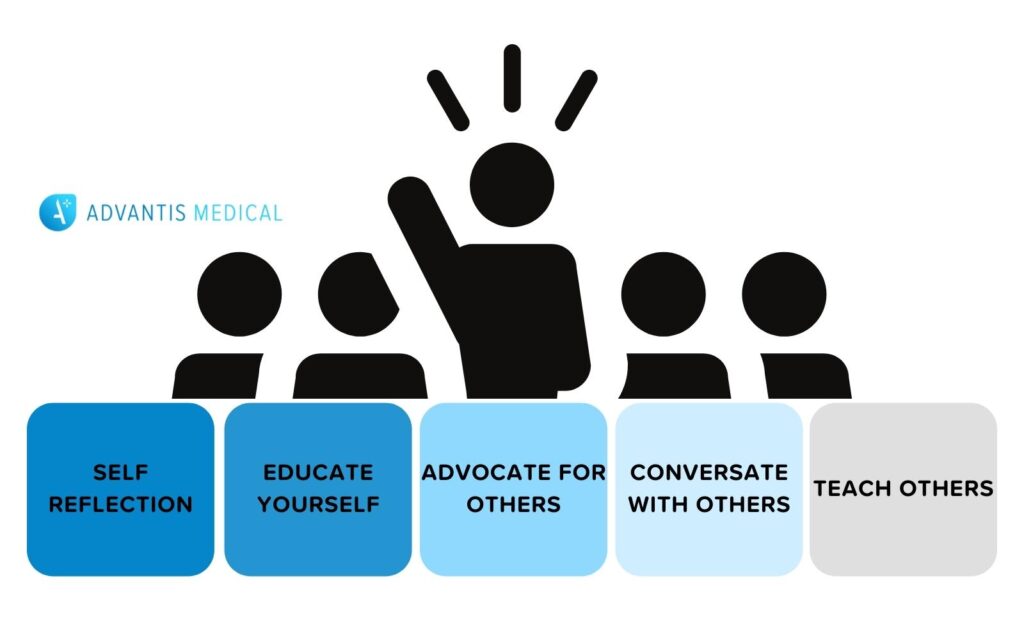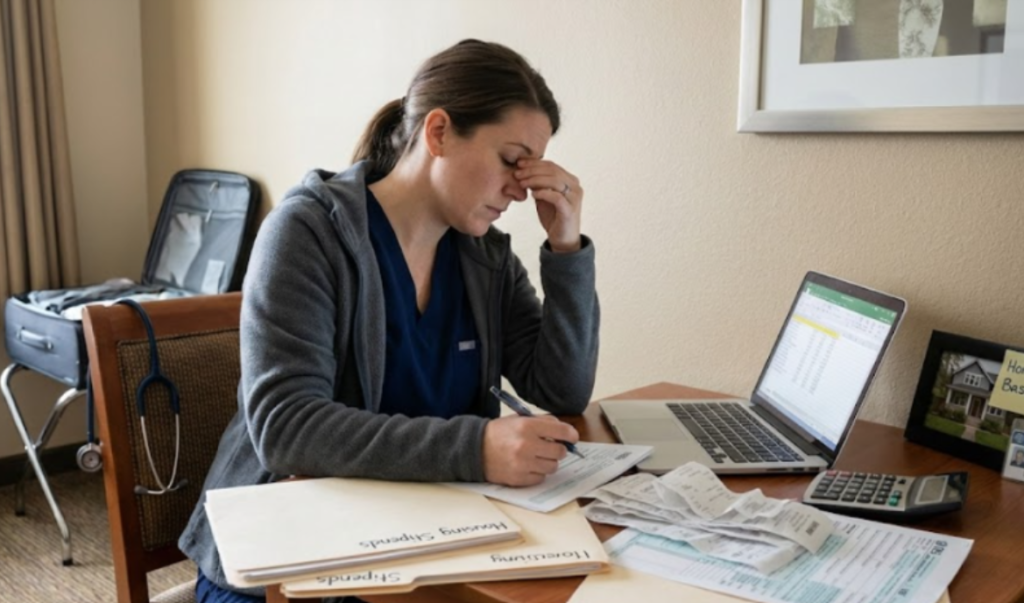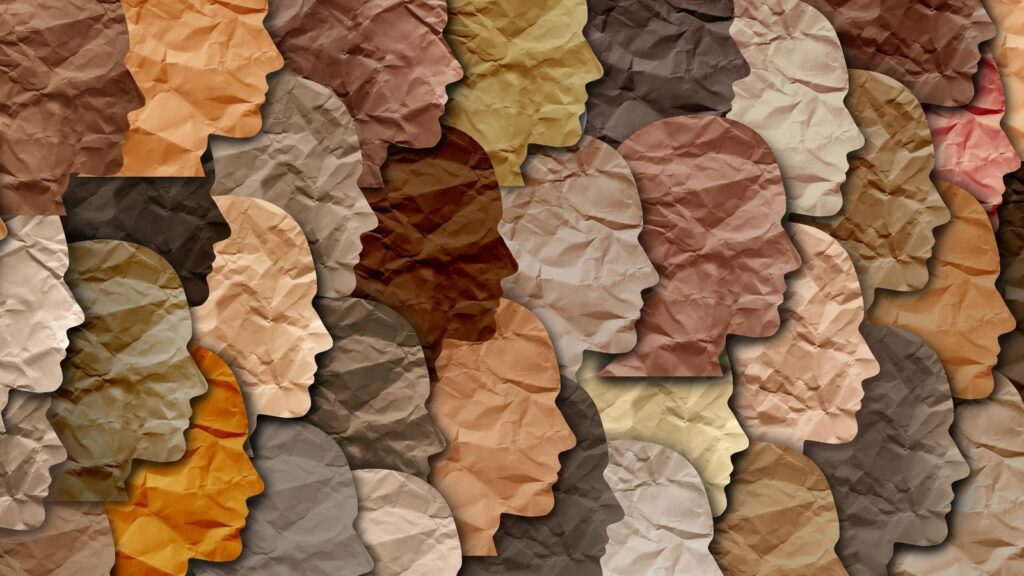In healthcare, the number one priority is making sure your patients receive the best quality of care. However, people are often treated differently based on factors they can’t control. If you are interested in increasing allyship in the community, read on.
What is Allyship in the Workplace?
Before we look into how to be a good ally, it is essential to understand precisely what this means. An ally is someone who recognizes their privilege in society and takes responsibility for maintaining equality in a community. Allies work to fight discrimination based on:
· Religion
· Gender
· Race or ethnicity
· Sexual orientation
· Age
· Disability
Allyship in healthcare means advocating for change on behalf of patients and peers to ensure that everyone receives the best level of care. While it may be hard to imagine that you, your coworkers, or your healthcare center is discriminating against a patient, there is an inherent bias against marginalized groups. This systemic health care inequality is why being increasing allyship in the workplace and healthcare community is so necessary.
What is Healthcare Inequality, and What Role Does Allyship Play?
Healthcare inequality is any differences in access to or quality of healthcare for disadvantaged populations. This is linked to other factors such as education, income, housing, gender, ethnicity, and socio-economic position. For example, in 2020, New York had the highest income inequality and the highest COVID-19 mortality rate of 51.7 deaths per 100,000 people.
Healthcare inequality also impacts medical decisions made for different patients. A study from 2016 found that many white medical students falsely believed that Black people have higher pain tolerance than white people. This is a dangerous bias that results in Black patients receiving less pain medication or reduced treatment than other patients with the same conditions.
This differing level of care is unfair but can be reduced within your community through support from allies. Along with equal treatment for patients, allyship in healthcare creates more inclusive and diverse organizations and reduces overall stress on the healthcare system.
How to Be a Good Ally as a Caregiver?
Now that you know why it is crucial to be an ally in your community, how exactly do you go about it? Here are a few steps you can take to promote allyship in healthcare:

Self-reflection
Self-reflection is essential to unpack your own unconscious beliefs and try to unlearn them through practice. By acknowledging disparities in healthcare, you can find resolutions, so care will be the same for all patients.
Educate Yourself
There are plenty of online resources, books, and social justice movements that can be used as learning tools for what inequalities people face in healthcare. Try them out and see what you learn!
Advocate for Others
Challenge any policies that make it difficult for a particular group to receive care. It can be difficult, but standing up against discrimination is one of the best ways to be an ally for your patients and peers.
Conversations & Teaching Others
Finally, be sure to listen to other people’s experiences and views towards inequality. By having meaningful discussions with your peers, it will become easier to be vocal about issues that matter.
Allyship at Advantis Medical
At Advantis Medical, travelers of all genders, beliefs, preferences, and skin color are treated equally. If you are looking to work with a close team dedicated to helping travel nurses and travel allied health professionals around the US, look no further than Advantis Medical!
A Travel Nurse Agency That Truly Cares
We take great pride in supporting travel nurses with more than just top travel nursing jobs—we’re building trusted, long-term partnerships that make your journey smoother, more rewarding, and stress-free. With over 700 5-star reviews and dozens of real nurse testimonials sharing their experiences, we’ve earned our reputation as the #1 travel nurse agency.
Our Advantis Gold Standard ensures you receive personalized support, exclusive travel job opportunities, and a level of care designed to put you first. Whether you want one-on-one guidance from a Pro Recruiter or prefer to explore travel jobs on your own, we’re here to make it easy. Start your next adventure today—explore high-paying travel nurse jobs and discover what’s possible!









